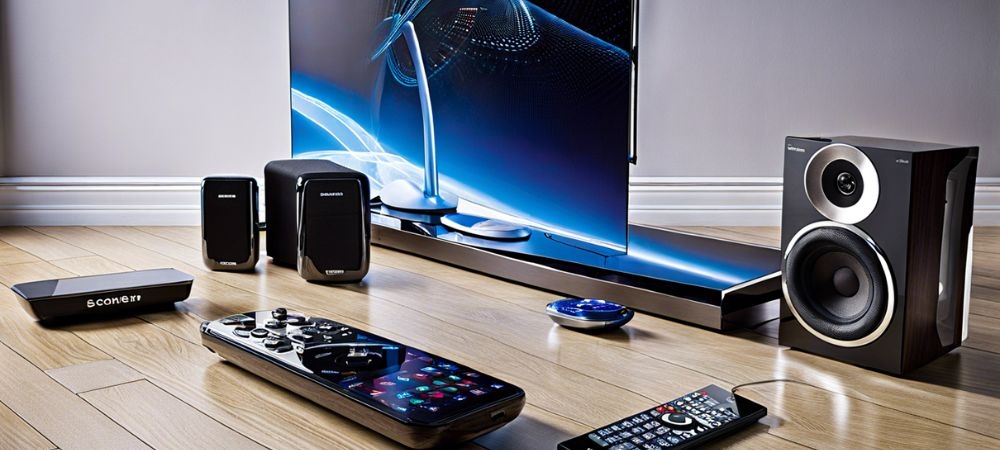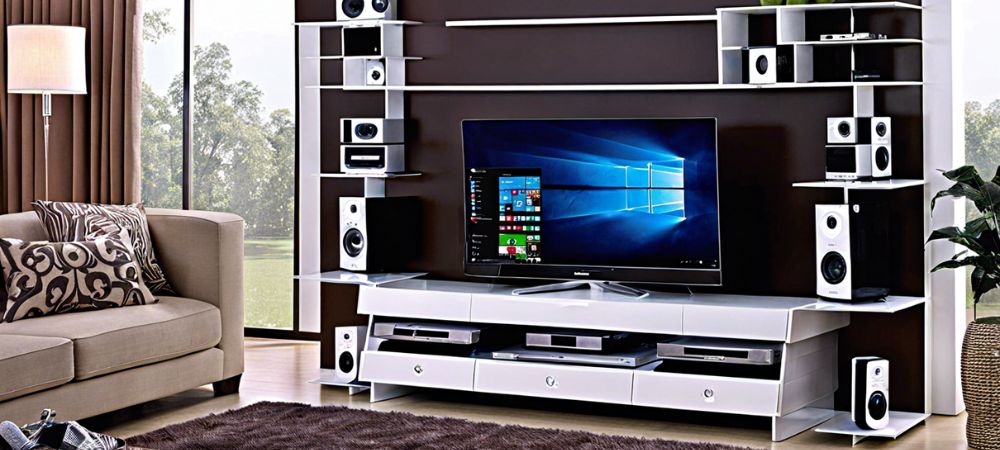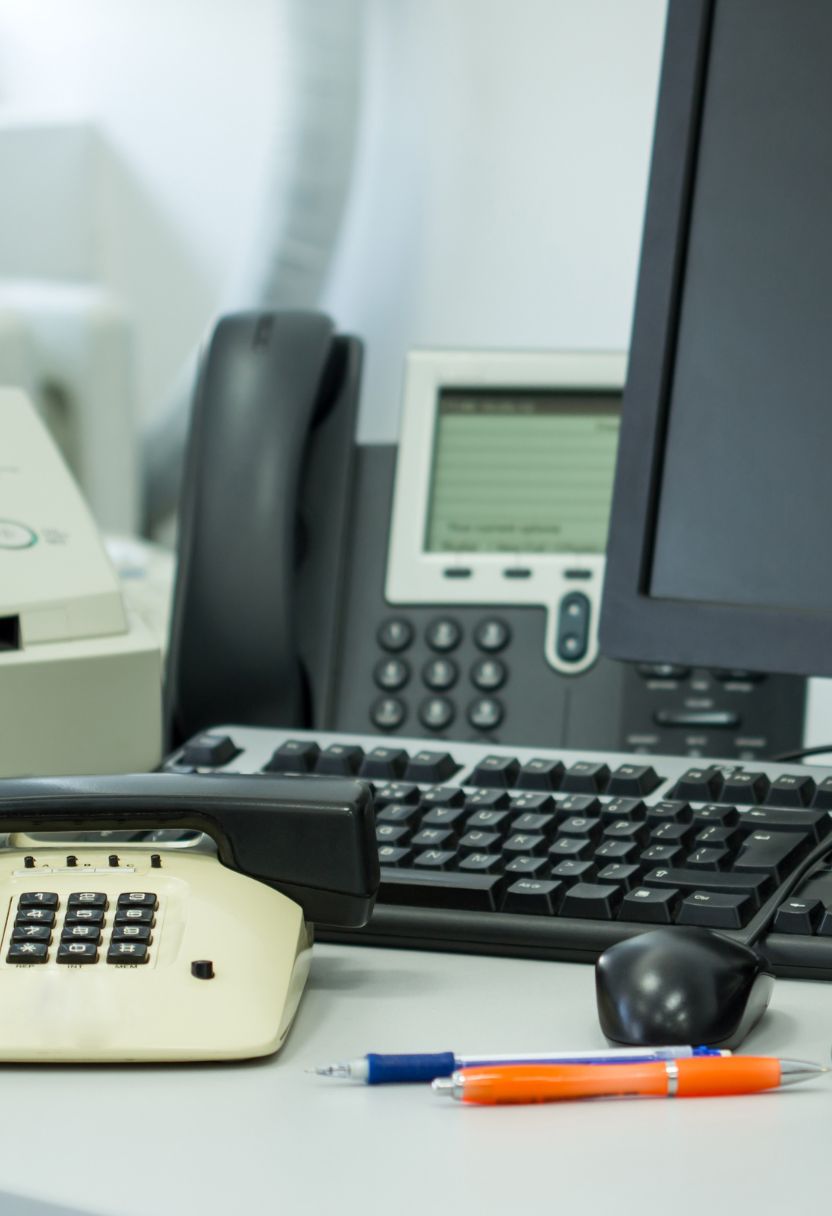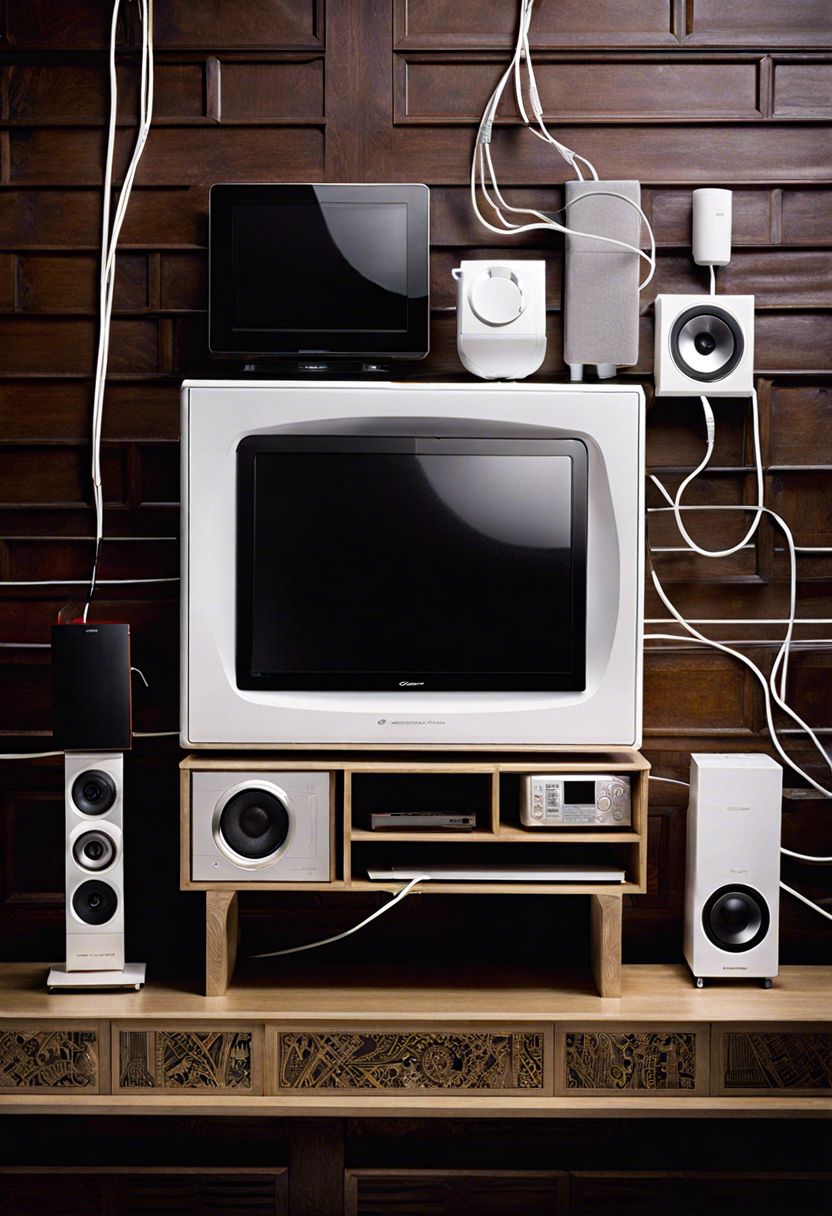

Evolution and Advancements in Health Monitoring Technology
Over the past few decades, health monitoring technology has undergone some significant changes. It's been a roller-coaster ride, hasn't it? From bulky machines to sleek wearables, the evolution is nothing short of fascinating. And oh boy, we've come a long way from those early days.
Back then, folks had to rely on infrequent doctor visits for any sort of health check-up. Can you imagine that? No constant monitoring or real-time updates! It was pretty much like shooting in the dark. But now, we've got all sorts of gadgets that can keep tabs on our health around the clock. extra details offered browse through this. click . Isn't that something?
The first wave of advancements came with portable devices like glucose meters and blood pressure monitors. These were game-changers at the time, but they weren't without their flaws. I mean, who wants to prick their finger every day? Not me! These devices were innovative but still required a fair bit of manual effort and didn't provide continuous data.
Fast forward to today-oh my goodness-the landscape's entirely different! Wearable tech like smartwatches and fitness bands have revolutionized how we monitor our well-being. They've become an extension of us almost effortlessly integrating into our daily lives. You don't need to be tech-savvy either; they're designed so anyone can use 'em.
But let's not get too carried away here; these advancements haven't solved everything just yet. For instance, while wearables can track heart rate or sleep patterns quite accurately, they're still lagging behind when it comes to more complex diagnostics like detecting chronic illnesses at an early stage.
Artificial intelligence has also made its mark in health monitoring technologies recently-what a leap! AI algorithms analyze data from these devices and offer insights that were unthinkable just years ago. Yet again though there's always room for improvement because no system is foolproof.
And let's talk about accessibility for a second-not everyone has access to these advanced gadgets due to cost or technological barriers which is really unfortunate considering how beneficial they could be universally applied!
So yeah-it ain't perfect-but oh boy isn't it exciting? We're witnessing unprecedented growth in this field and who knows what'll come next? Maybe one day we'll have non-invasive ways even more accurate than today's methods!
In conclusion (and forgive me if I sound clichéd), as we look back at where we started versus where we're headed-it's clear there's no turning back now; only moving forward towards better solutions that'll make healthcare accessible efficient effective for everyone regardless of background or circumstance!
Here's hoping future developments will bring us closer towards achieving those goals without leaving anyone behind!
When we talk about modern health monitoring devices, we're diving into a world that's vastly different from what our grandparents knew. Oh boy, these gadgets are not just fancy toys; they come packed with features that can literally save lives. So, let's take a closer look at some of the key features that make these devices indispensable.
First off, let's chat about real-time data tracking. You know what's amazing? The fact that you don't have to wait for your next doctor's appointment to find out how you're doing. These devices provide instant feedback on everything from heart rate and blood pressure to oxygen levels and sleep patterns. Ah! It's like having a mini doctor strapped to your wrist or tucked in your pocket.
Now, I can't forget connectivity. Most modern health monitoring devices are connected to the internet – they're part of this whole Internet of Things (IoT) revolution. This means they can sync data with apps on your phone or even send info directly to your healthcare provider. It's crazy convenient because who has time to manually jot down their every heartbeat?
Another feature that's really cool is customization options. Whether you're an athlete training for a marathon or someone just trying to keep tabs on their daily steps, there's a device tailored for you. Some gadgets even let you set personal goals and give you little nudges if you're slacking off. It's like having a motivational coach without the annoying pep talks!
But wait, there's more! Ever heard of multi-functionality? A lotta these devices do way more than just monitor one thing. They combine several functions – think ECG readings, hydration levels, stress monitoring – all in one gadget. Why lug around multiple devices when one will do the trick?
Oh dear, security isn't something we can overlook either! With all this sensitive information flying around digitally, it's crucial that these devices come equipped with strong security measures like encryption and secure login methods.
Finally, ease of use cannot be underestimated! These days no one's got patience for complicated settings or endless menus. Modern health monitors usually have user-friendly interfaces so even those who aren't tech-savvy can navigate them easily.
So there you have it! Real-time data tracking, seamless connectivity, tons of customization options, multi-functionality galore, top-notch security features and ease-of-use make modern health monitoring devices not just useful but essential tools in today's fast-paced world.
Isn't it astonishing how far we've come? And yet sometimes I wonder what new wonders tomorrow will bring...
The very first smart device was established by IBM and called Simon Personal Communicator, released in 1994, predating the extra contemporary smart devices by more than a years.
Virtual Reality technology was first conceived through Morton Heilig's "Sensorama" in the 1960s, an early VR device that included visuals, sound, vibration, and smell.
3D printing innovation, additionally referred to as additive production, was first developed in the 1980s, but it surged in popularity in the 2010s due to the expiry of essential patents, bring about even more technologies and lowered costs.
Expert System (AI) was first supposed in the 1950s, with John McCarthy, that coined the term, arranging the popular Dartmouth Meeting in 1956 to discover the opportunities of machine learning.
Smart home technology has been evolving rapidly, and its future prospects are both exciting and daunting.. It's no secret that the allure of a fully connected home is becoming more tangible every day.

Posted by on 2024-07-26
When it comes to health monitoring devices, there's a whole slew of them you can find in the market. They're designed to help us keep tabs on our well-being without the constant need for doctor's visits. Now, who wouldn't want that? Let's dive into some popular types of these handy gadgets.
First up, we got fitness trackers. These little wristbands are more than just fancy accessories. They count your steps, monitor your heart rate, and even track your sleep patterns. Brands like Fitbit and Garmin have made quite a name for themselves with these products. It's astonishing how much information they can gather from just sitting on your wrist all day!
Then there're smartwatches. These aren't just about telling time anymore; they're basically mini-computers strapped to our wrists! Apple Watch and Samsung Galaxy Watch are prime examples here. Besides keeping an eye on your activity levels, they also offer functionalities like ECG monitoring and blood oxygen level measurement. It's almost like having a personal doctor right there on your wrist.
Blood pressure monitors ain't left behind either. Traditionally bulky and reserved for clinics or home use by older folks, they've now become more compact and user-friendly. Omron's line of blood pressure monitors is pretty notable here-they've really brought medical-grade accuracy into people's homes.
Let's not forget glucometers for those keeping an eye on their blood glucose levels-crucial for diabetics! Companies like Accu-Chek and OneTouch provide easy-to-use devices that allow users to check their sugar levels regularly without much hassle.
And oh boy, don't get me started on smart scales! These aren't just about measuring weight anymore; they give you insights into body fat percentage, muscle mass, and even bone density sometimes. Brands such as Withings have been doing wonders in this space.
Pulse oximeters have also seen a rise in popularity lately (thanks COVID-19!). They're small devices that clip onto your finger and measure the oxygen saturation in your blood-a crucial metric during respiratory illnesses.
It ain't all rosy though; not every device is perfect or necessary for everyone. Some people might find 'em too complex or gimmicky rather than useful tools for health management.
So yeah, there's plenty out there when it comes to health monitoring devices-from fitness trackers to smartwatches, blood pressure monitors to glucometers-and each serves its purpose depending on what you're looking for in health tracking!


Health monitoring devices have become quite the buzz in recent years, ain't it? And it's no surprise. These gadgets offer a boatload of benefits for consumers that are just too good to ignore. But hey, let's not get ahead of ourselves.
First off, these devices can totally help you keep tabs on your health without having to visit a doctor every other week. Imagine wearing a smartwatch that tracks your heart rate, steps taken, and even sleep patterns. You won't be needing expensive medical tests all the time! It's like having a mini healthcare professional right on your wrist.
But wait, there's more! Health monitoring devices don't only save you trips to the clinic; they also provide real-time data. If something's off with your vitals, you'll know immediately rather than waiting till things get worse. This early detection is crucial because we all know how important catching symptoms early can be in preventing serious illnesses.
Now, let's talk motivation. Yup, these gadgets give you that extra push to stay active and healthy. Got a fitness tracker? Then you probably already know how satisfying it feels when you meet those daily step goals or burn those extra calories. It's like having a little cheerleader encouraging you along the way.
Oh gosh, I almost forgot about customization! Most health monitoring devices allow for personalized settings tailored specifically to individual needs. Whether you're an athlete looking for performance metrics or someone who just wants to monitor their blood pressure due to family history of hypertension-there's something out there for everyone.
However-and here's where things aren't so rosy-not everything's perfect with these devices. Privacy concerns do pop up often. After all, you're sharing intimate details about your body and lifestyle with technology companies which might not always use this information ethically.
And yes, while they're generally user-friendly, some folks find them overly complicated or even intimidating at first glance. Learning curves can be steep if you're not tech-savvy but c'mon-it's worth putting in some effort given all the potential benefits!
Lastly (phew!), let us not forget affordability issues; high-quality health monitors don't come cheap! Although prices have been dropping recently thanks to advancements in tech and increased competition among brands-but still-they're an investment nonetheless.
So yeah-health monitoring devices bring tons of perks: convenience galore through easy access & real-time data plus motivational boosts from goal-setting features-all wrapped up neatly with customizable options catering uniquely towards each person's needs...and yet-it pays off considering certain drawbacks such as privacy risks & initial costs involved too!
In sum-the upsides far outweigh any downsides when weighing whether investing into one makes sense overall-as long as being mindful choosing wisely balancing priorities accordingly throughout journey staying healthier happier longer-term ultimately speaking anyway hopefully…
Health monitoring devices have come a long way, haven't they? From basic thermometers to sophisticated wearables that track every heartbeat and breath, the progress is just mind-boggling. And now, with the integration of Artificial Intelligence (AI) and Machine Learning (ML), it's like we've entered a whole new era. But let's not get ahead of ourselves; there's still plenty to discuss.
First off, you might be wondering why we even need AI and ML in health monitoring devices. I mean, aren't they doing their job just fine? Well, yes and no. Traditional health monitoring devices give you raw data-numbers like your heart rate or blood sugar levels-but what do those numbers really mean? That's where AI comes in. It can analyze all this data in real-time and provide insights that would take a human forever to figure out.
Now, some folks think AI's gonna replace doctors altogether. That's not true at all! While AI can assist in diagnosing conditions or predicting potential health issues, it doesn't replace the nuanced understanding that only a trained medical professional possesses. Think of it as more of an extremely capable assistant rather than a replacement.
Machine Learning adds another layer of awesomeness by allowing these devices to learn from the data they collect over time. For instance, if you're using a wearable device that tracks your sleep patterns, ML algorithms can identify trends and suggest changes in your routine to improve your sleep quality. It's like having your own personal sleep coach who knows you better each day!
But hey, let's not ignore the elephant in the room: privacy concerns. When it comes to healthcare data, people are understandably cautious about who gets access to their personal information. Companies developing these smart health monitors must ensure stringent security measures are put in place so users' data don't fall into the wrong hands.
Another thing that's often overlooked is accessibility-how many people actually have access to these advanced technologies? High-tech health monitors equipped with AI and ML are usually expensive gadgets that not everyone can afford. This creates a gap between those who can benefit from advanced healthcare technology and those who can't.
Moreover, integrating AI with health monitoring isn't without its challenges either. Data quality becomes crucial here because if you feed bad data into an algorithm, you'll get bad outcomes outta it-a classic case of garbage-in-garbage-out scenario.
Despite these hurdles though-and there sure are many-the benefits far outweigh the drawbacks when done right! Imagine living in a world where chronic diseases could be detected early enough for effective interventions simply through continuous monitoring by smart devices powered by AI and ML?
So yeah! We're on an exciting journey into uncharted territory with immense potential for transforming healthcare as we know it today-all thanks largely due artificial intelligence & machine learning working hand-in-hand within modern-day medical marvels called ‘health-monitoring-devices'.


Health Monitoring Devices have become a staple in our everyday lives, aiming to keep tabs on our well-being 24/7. But, like anything new and techy, they come with their own set of challenges and concerns.
First off, accuracy ain't always spot-on. Many people rely heavily on these devices to inform them about their health status. However, sometimes the data collected can be misleading or incorrect. Imagine thinking your heart rate is fine when it's actually not! This inaccurate information can lead to unnecessary worry or even worse - complacency about real health issues.
Privacy is another biggie. These gadgets collect heaps of personal data - from how many steps you take to your sleep patterns. Who's got access to all this info? It's not always clear how securely this data is stored or who can see it. With hackers becoming more sophisticated every day, there's a genuine concern that sensitive health information could fall into the wrong hands.
Then there's the issue of dependency. People might start relying too much on these devices and ignore traditional medical advice or check-ups. "Oh, my smartwatch says I'm healthy," one might say while skipping a regular doctor's visit. This over-reliance could potentially lead to missing early signs of serious conditions that only a professional could detect.
Battery life and maintenance are practical challenges too. Health monitoring devices need constant charging and updates which can be annoying for users who already have plenty of other gadgets demanding their attention. And hey, what if it runs outta juice right when you need it most?
Lastly, let's talk cost. Not everyone can afford these high-tech tools which creates an inequality gap in healthcare monitoring between those who have them and those who don't. It's kinda ironic that something designed to improve health isn't accessible to everyone who needs it.
In sum, while Health Monitoring Devices offer lotsa benefits like keeping track of vital stats in real-time and promoting healthier lifestyles, they're not without their flaws and pitfalls. Accuracy issues, privacy concerns, dependency risks-these are just some things we gotta think about before fully embracing this tech revolution in healthcare.
The landscape of consumer electronics for health monitoring is evolving at an incredible pace, and it's fascinating to see where we're headed. Who would've thought a decade ago that we'd be walking around with tiny devices on our wrists, measuring everything from heart rate to sleep patterns? But here we are, living in an age where health monitoring gadgets are becoming as common as smartphones.
One major trend that's been gaining traction is the integration of artificial intelligence (AI) into these devices. It's not just about collecting data anymore; it's about making sense of it. Devices now can analyze your health metrics and even predict potential issues before they become serious problems. Imagine owning a smartwatch that warns you about possible cardiac irregularities days before you'd even think to visit a doctor! That's some next-level stuff right there.
But AI isn't the only game-changer. Wearable technology is getting more sophisticated by the day. We're seeing innovations like smart textiles-clothing embedded with sensors-that can monitor your vitals continuously without any discomfort. What's more, these smart clothes could eventually replace traditional bulky medical equipment for things like EKGs or respiratory monitoring. It's hard not to be amazed by how far we've come!
Then there's the increasing focus on mental health monitoring. While physical health has always been in the spotlight, mental well-being is finally getting its due attention in consumer electronics. Companies are developing gadgets that track stress levels through biometric feedback like skin conductivity and heart rate variability. It's no longer just about counting steps or tracking calories; it's also about understanding how you're feeling emotionally.
However, let's not kid ourselves-there's still room for improvement. Accuracy remains a significant issue for many consumer-grade devices. While they're getting better, they're certainly not foolproof yet. And then there's the whole privacy thing... Do we really want all this personal data floating around in cyberspace? I mean, sure, having instant access to your health information is convenient but at what cost?
Moreover, affordability continues to be a barrier for many people who could benefit from these advanced technologies but simply can't afford them. High-end smartwatches and wearables often come with hefty price tags that put them out of reach for average consumers.
Despite these challenges, it's clear that the future holds immense promise for consumer electronics in health monitoring. We're moving towards a world where comprehensive health data will be available at our fingertips-and perhaps even integrated seamlessly into our daily lives through things like augmented reality glasses or contact lenses.
In short (or maybe not so short), while there are hurdles to overcome, it's undeniable that exciting times lie ahead in this field. The fusion of cutting-edge tech with healthcare could very well revolutionize how we manage our well-being-making it easier than ever to live healthier, happier lives without constantly needing professional intervention.
So here's looking forward to what comes next!
